Publications
Articles, publications, books, tools and multimedia features from the U.S. Institute of Peace provide the latest news, analysis, research findings, practitioner guides and reports, all related to the conflict zones and issues that are at the center of the Institute’s work to prevent and reduce violent conflict.
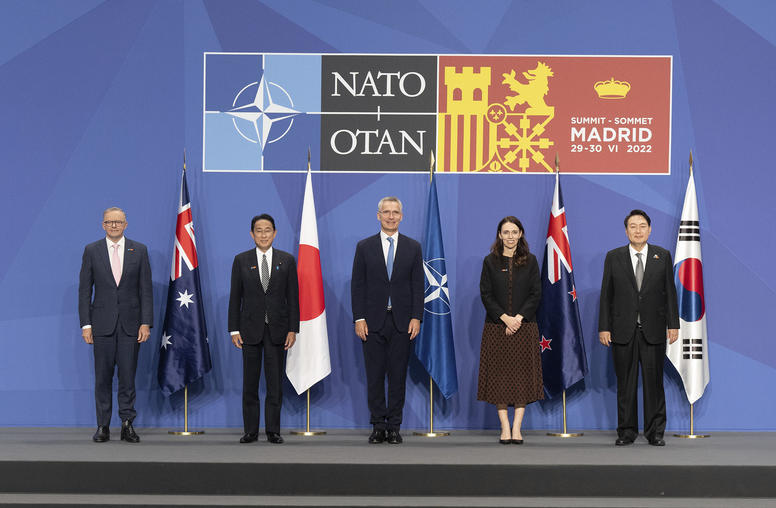
What’s Behind NATO’s Tightening Ties with its Indo-Pacific Partners?
NATO’s summit in Madrid, Spain, in June 2022 marked the first time the four leaders of NATO’s Indo-Pacific partner countries — Australia, Japan, New Zealand and the Republic of Korea (ROK) — joined NATO counterparts for a meeting at the heads of state and government level. July 2023, at the NATO summit in Vilnius, Lithuania, will mark the second. The high level of media attention paid to the attendance in Madrid of the Indo-Pacific partners, known informally as the Indo-Pacific Four or IP4, is likely to be repeated in Vilnius. Beyond this, what should Indo-Pacific watchers expect from the Vilnius Summit in terms of NATO-IP4 developments?
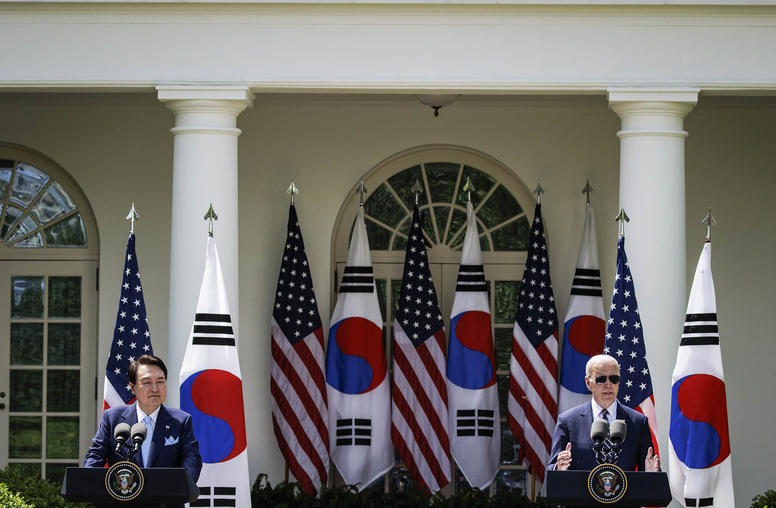
Will the ‘Washington Declaration’ Deter North Korea?
South Korean President Yoon Suk-yeol is in Washington this week as the United States and South Korea celebrate 70 years of bilateral ties. Yoon’s visit is only the second state visit hosted by the Biden administration and the first South Korean state visit in 12 years. While there have been some recent strains in the relationship over U.S. trade and semiconductor policy and Seoul’s support for Ukraine, the focus of the bilateral summit was on the threat posed by North Korea. Although the summit ostensibly achieved both sides’ desired security deliverables related to deterrence, reassurance and nonproliferation, these outcomes will likely not provide enduring solutions to the North Korea challenge.
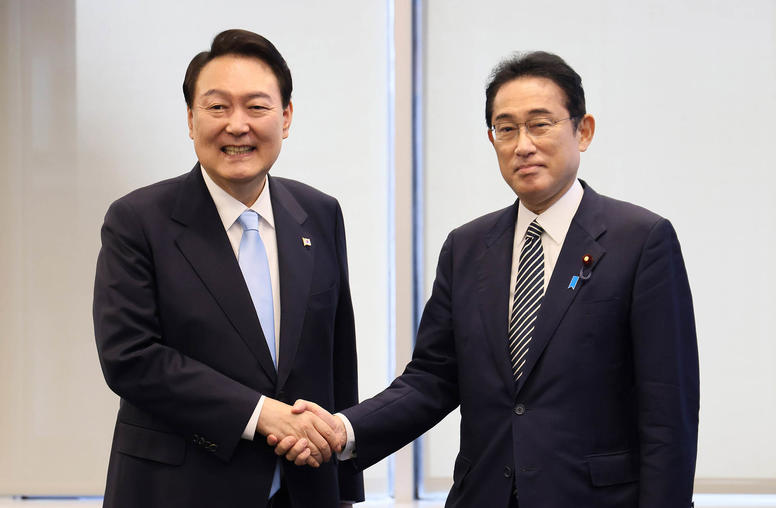
What’s Behind Japan and South Korea’s Latest Attempt to Mend Ties?
The meeting between South Korean President Yoon Suk Yeol and Japanese Prime Minister Fumio Kishida earlier this month — the first bilateral summit between South Korean and Japanese leaders in over a decade — was welcomed by both sides as a major step toward renewing relations. Despite ample common cause on issues such as regional security and economic growth, ties between the two countries have been strained in recent years over unresolved disputes stemming from Japan’s colonial occupation of Korea.
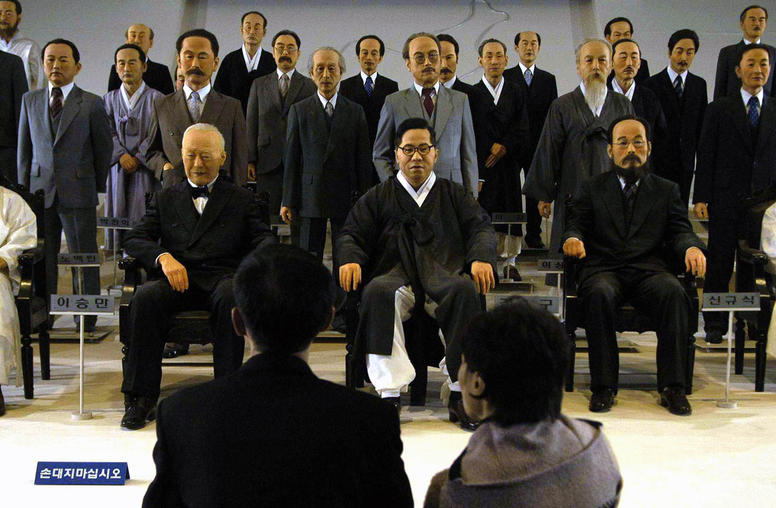
Japan, South Korea Must Address Mounting ‘Debt’ of Historical Atrocities
Few issues between Japan and South Korea draw as much attention and political resources while producing such ephemeral results as historical reconciliation. In two years, the countries will reach milestones for major agreements, such as the 10th anniversary of the 2015 “comfort women” agreement and the 60th anniversary of the Treaty on Basic Relations between Japan and South Korea. Between these two landmark deals are several official Japanese apologies, government speeches acknowledging Japan’s colonial past, visits by Japanese dignitaries to Korean memorial sites, a public-private reparations program, government-level “friendship” initiatives and civil society efforts to grapple with so-called history issues.
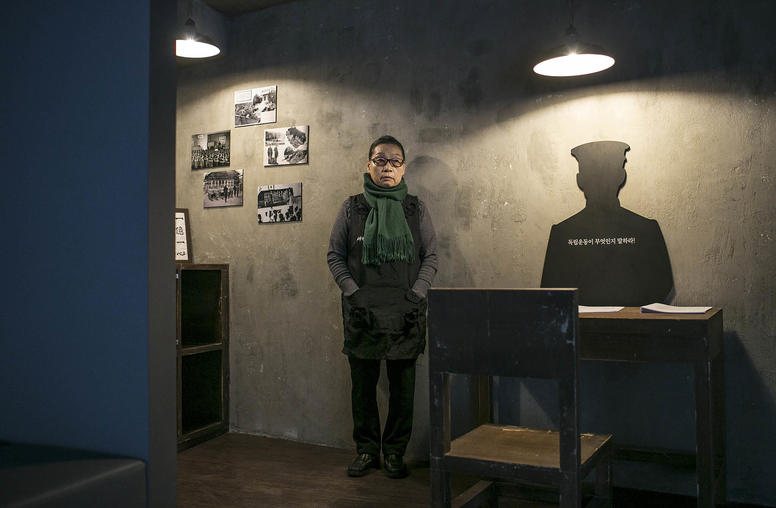
Beyond the Courts: History-Related Lawsuits and South Korea-Japan Relations
While the relationship between South Korea and Japan is fraught with a number of historical and territorial disputes, the current cycle of tensions focuses our attention on lawsuits related to the colonial era. Most notably, bilateral ties soured after 2018, when two landmark rulings from the South Korean Supreme Court ordered Japanese firms to compensate Korean plaintiffs for their wartime forced labor.
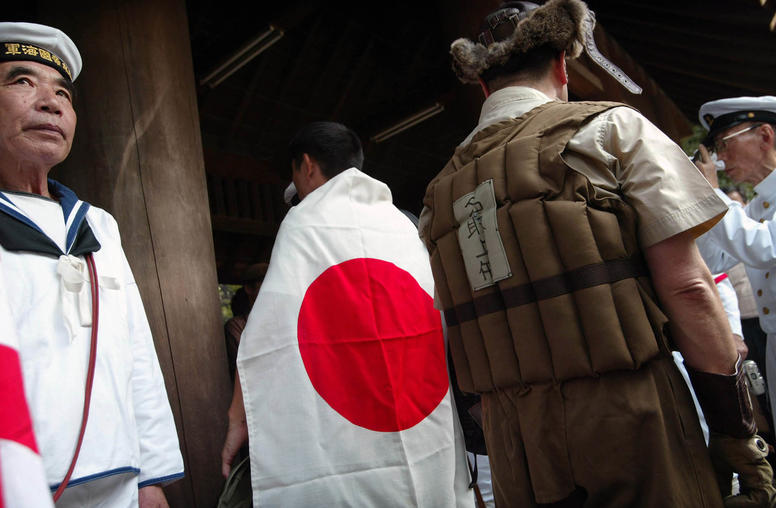
How to Address the Racism at the Heart of Japan-South Korea Tensions
Anti-Korean racism is at the heart of historic and unresolved tensions between Japan and South Korea. It will be near impossible to resolve disputes like the comfort women issue without addressing this racism. This is because the difficulty in reaching a consensus on the Japanese side often derives from the underlying tendency among many Japanese to view Koreans as “inferior” and “untrustworthy.” U.S. actors, including officials, businesses and academics, should understand the consequences of the important role they have played in perpetuating such prejudice and help right this wrong.
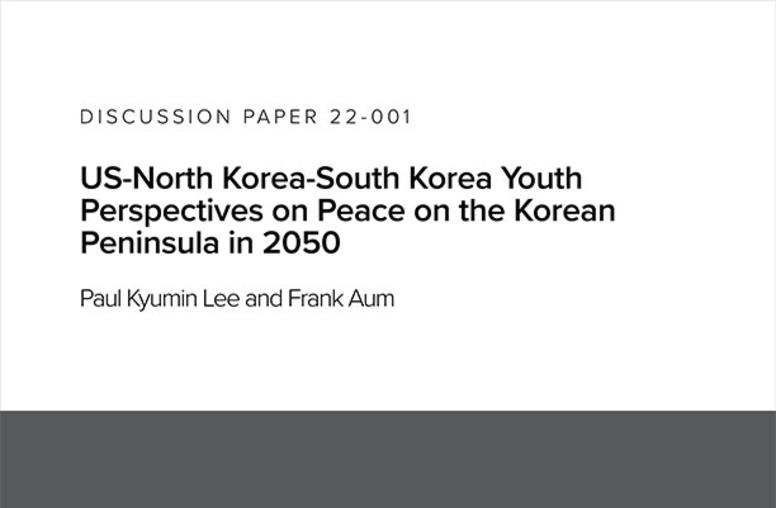
U.S.-North Korea-South Korea Youth Perspectives on Peace on the Korean Peninsula in 2050
This paper describes a virtual workshop on envisioning peace on the Korean Peninsula for youth from the United States, North Korea, and South Korea that was conducted over three days in January 2021. The workshop was designed, organized, and facilitated by the United States Institute of Peace, and participants were selected in partnership with Liberty in North Korea and the International Student Conferences' Korea-America Student Conference.
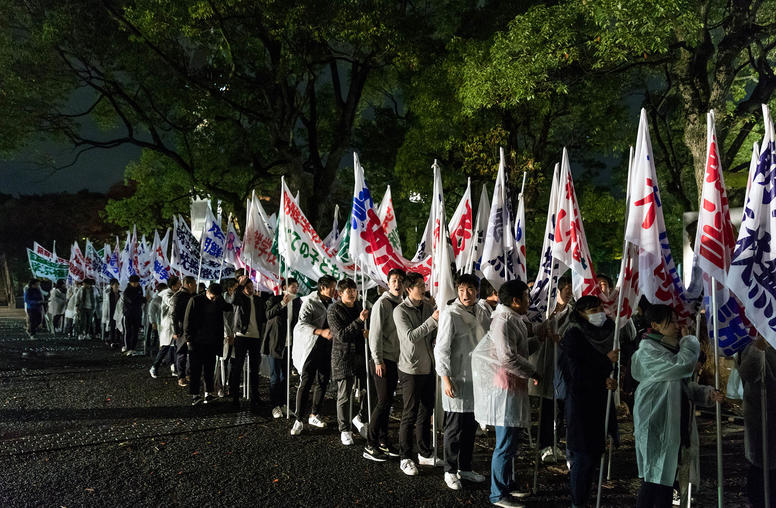
Citizenship Policy Reform in Japan as a Path to Cooperation with South Korea
Over the past two decades, increasingly vocal and visible anti-immigrant and, specifically, anti-Korean sentiment has risen in Japan’s public sphere. Internet chat rooms such as “2-channel” have become forums for anonymous posts expressing anti-foreign, anti-Korean and anti-Chinese sentiment. Similarly, anti-immigrant — and specifically anti-Korean — sentiment on the streets has increased through such organizations as the zaitoku-kai (the “Citizens group that will not condone special rights for Koreans in Japan”).
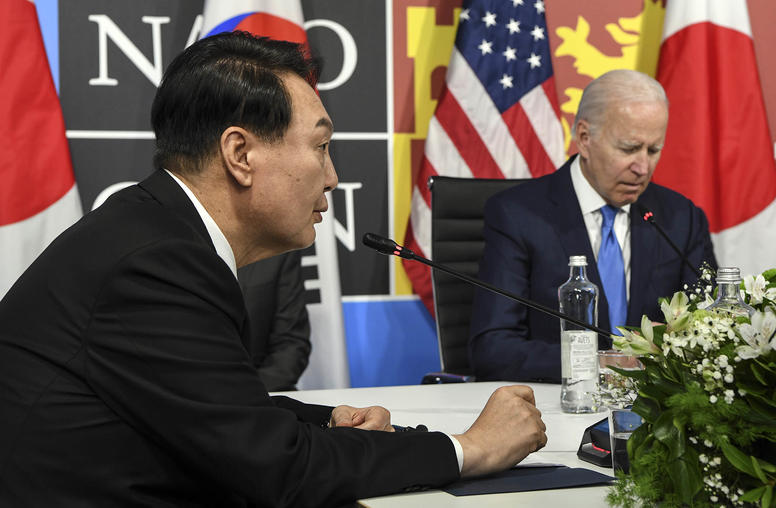
The 1963 Franco-German Reconciliation Treaty: A Guide for Japan and South Korea?
Relations between Japan and South Korea are at a dead end. Officials on both sides have acknowledged the need to improve relations. Beset by stark differences over compensation for historical issues of coerced sexual slaves (so-called comfort women) and forced labor, and contemporary issues of trade, the relationship needs a game changer to alter course. South Korean President Yoon Suk-yeol has called for a “rethink” of the relationship. Conflict-resolution practices beyond East Asia could help us to think outside the box.
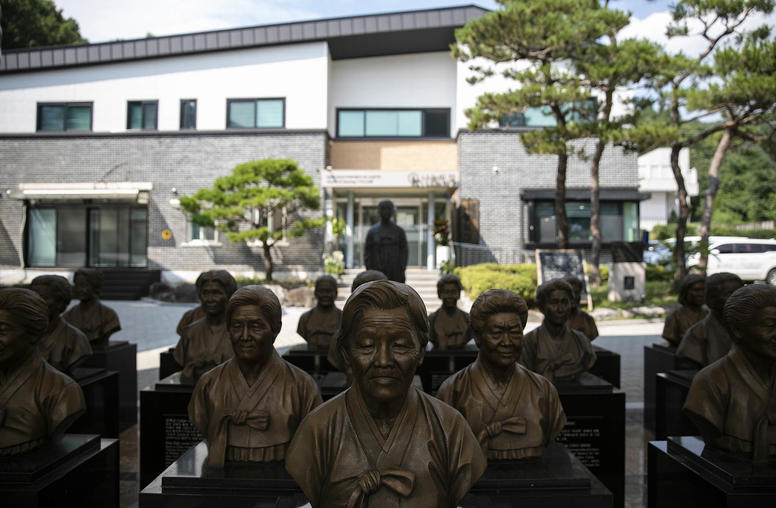
A Guide to Understanding the History of the ‘Comfort Women’ Issue
Even before assuming office in May 2022, South Korean President Yoon Suk-yeol made clear his desire for smoother formal relations between Seoul and Tokyo. Locked in a number of interwoven and protracted disputes, South Korea and Japan have been at a diplomatic standstill since well before COVID-19 restrictions shut down everything. Recent peacebuilding efforts are encouraging, with Japan and the United States publicly welcoming South Korea’s overtures as pivotal to plans for regional alignment in the face of North Korea’s provocations and China’s aggressive behavior.